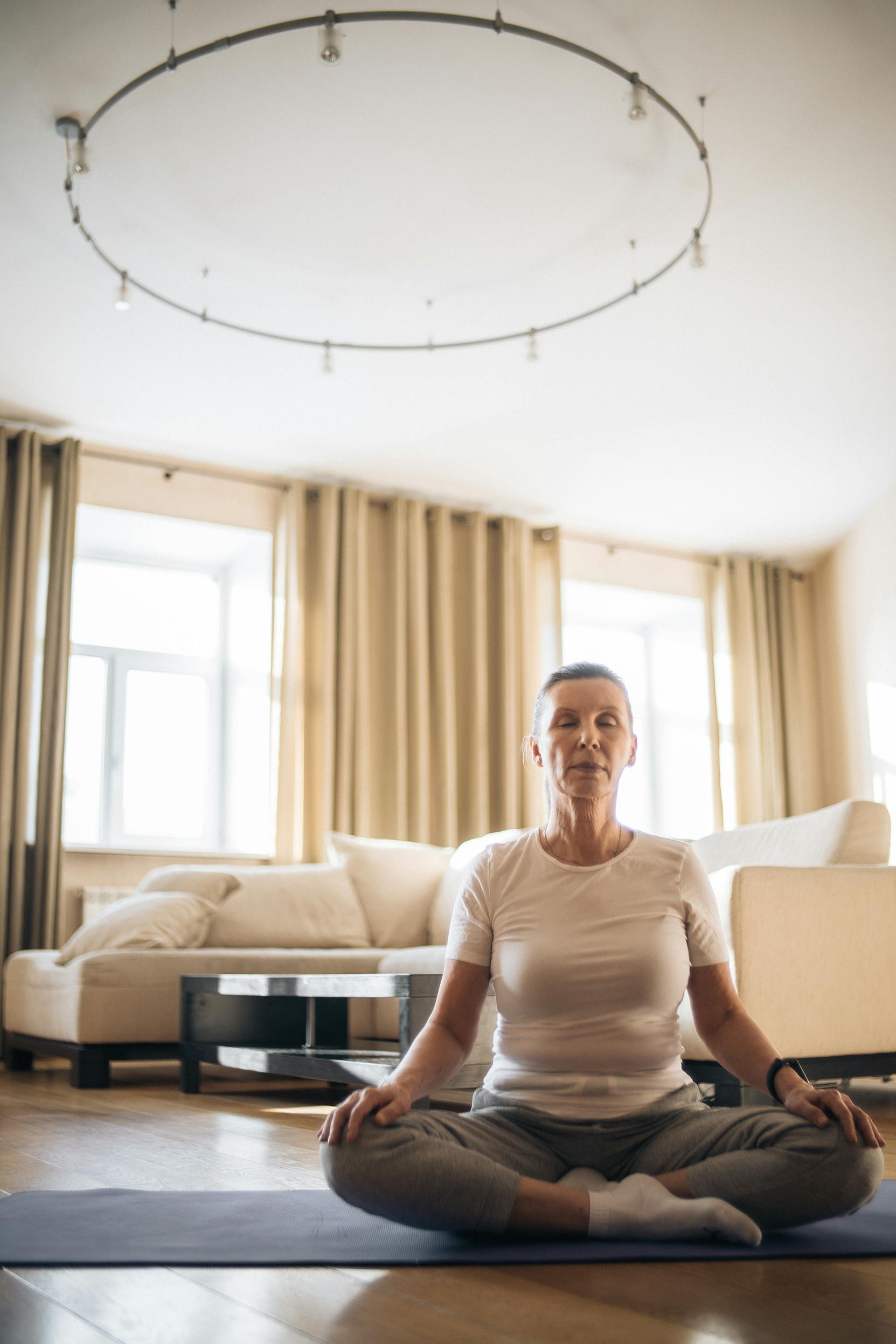Taking care of your skin at home is essential for maintaining its health and appearance. While it’s always a good idea to consult with a dermatologist for personalized advice, here are some general tips that dermatologists often recommend for healthy skin:
1. Cleanse your skin gently: Use a mild, non-abrasive cleanser to wash your face twice a day, in the morning and before bed. Avoid harsh soaps or cleansers that strip away natural oils, as they can disrupt the skin’s barrier function.
2. Moisturize regularly: Apply a moisturizer suited for your skin type after cleansing. Moisturizers help keep your skin hydrated, prevent dryness, and maintain its natural protective barrier.
3. Protect your skin from the sun: Sun protection is crucial for preventing premature aging, sunburns, and skin cancer. Apply broad-spectrum sunscreen with an SPF of 30 or higher every day, even on cloudy days. Reapply every two hours, or more frequently if sweating or swimming.
4. Avoid excessive exfoliation: While exfoliation can be beneficial for removing dead skin cells, overdoing it can lead to irritation and dryness. Use a gentle exfoliator once or twice a week to maintain a healthy glow, and choose products with fine particles or chemical exfoliants like alpha hydroxy acids (AHAs) or beta hydroxy acids (BHAs).
5. Stay hydrated: Drink an adequate amount of water daily to help keep your skin hydrated from within. Proper hydration supports overall skin health and can contribute to a more radiant complexion.

6. Maintain a healthy diet: Eating a balanced diet rich in fruits, vegetables, lean proteins, and healthy fats can provide your skin with the essential nutrients it needs. Antioxidant-rich foods, like berries and leafy greens, may help protect against skin damage caused by free radicals.
7. Practice stress management: Chronic stress can take a toll on your skin’s health and appearance. Find healthy ways to manage stress, such as exercise, meditation, deep breathing exercises, or engaging in hobbies you enjoy.

8. Avoid smoking and limit alcohol consumption: Smoking damages collagen and elastin fibers, leading to premature aging and wrinkles. Excessive alcohol consumption can dehydrate the skin and cause inflammation. Quitting smoking and moderating alcohol intake can help improve your skin’s overall health.
9. Be gentle with your skin: Avoid excessive rubbing or pulling when cleansing or applying skincare products. Treat your skin gently to minimize irritation and potential damage.
10. Get enough sleep: Aim for 7-9 hours of quality sleep each night. During sleep, your body repairs and rejuvenates the skin, leading to a healthier complexion.
Remember, these tips are general guidelines, and individual needs may vary. If you have specific skin concerns or conditions, it’s best to consult a dermatologist for personalized advice and treatment.





